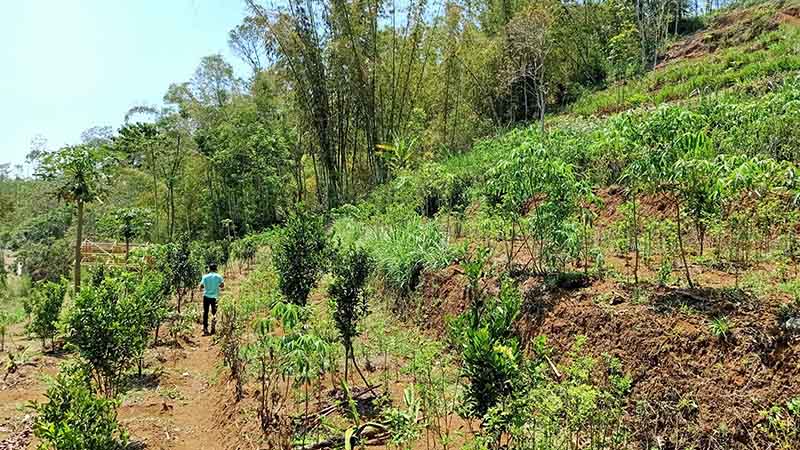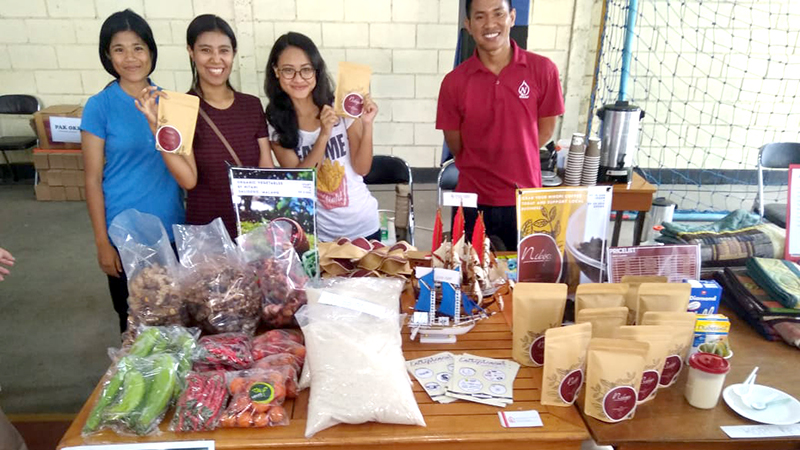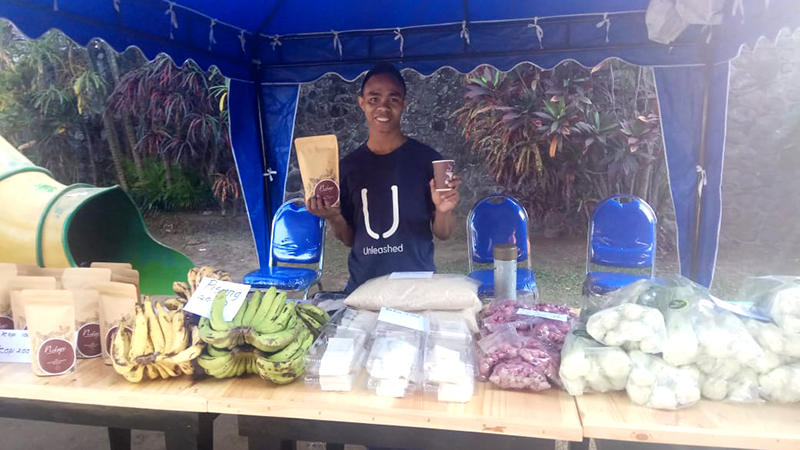How Victory Place Impacts People in Remote Villages

How Victory Place Impacts People in Remote Villages
Since its establishment in 2018, Victory Place, our Outdoor Education and Agricultural Center, has trained hundreds of teachers and students from remote villages across the archipelago.
***
With a vision to train village teachers to be self-sustainable and capable of managing natural resources while maximizing the potential of the region where they will be stationed, Victory Place provides training on preserving bamboo for school buildings and walls, developing local agriculture and livestock to help parents, and inventing games for leadership in outdoor settings.
Many people impacted by Victory Place express their gratitude:
Suprapto – Village Chief
“Victory Place is part of our village. This place will help our villagers maximize our potential.”

Tobil – Villager
“Victory Place brought electricity and roads to our village and farms.” 
Tutik – Villager & Chef
“I cook for TransformNation (TfN) students. I am grateful that they eat what we plant on our farms. The vegetables are organic and Victory Place has provided the best quality food for (TfN) students.” 
Yusuf – The Head of the Provincial Education Board
“Victory Place has given me a real example of utilizing the land for education and tourism. We have plenty of sloping land in our region. Victory Place has opened my eyes to see that sloping land can be developed into something beautiful.”

Moses – School Principal
“I appreciate that Victory Place has taught me how to preserve bamboo. We can use bamboo to build schools which last for 30 years. We have so much bamboo but didn’t know how to utilize it before.”

Ernalita – Kindergarten School Principal
“As a learning place that blends with nature, Victory Place will not only equip students with knowledge but also create lasting memories.”

Haryo – Entrepreneur
“We need a lot of learning facilities like Victory Place that will equip students in outdoor learning, and also support teachers, schools and parents economically.”




0 Comments